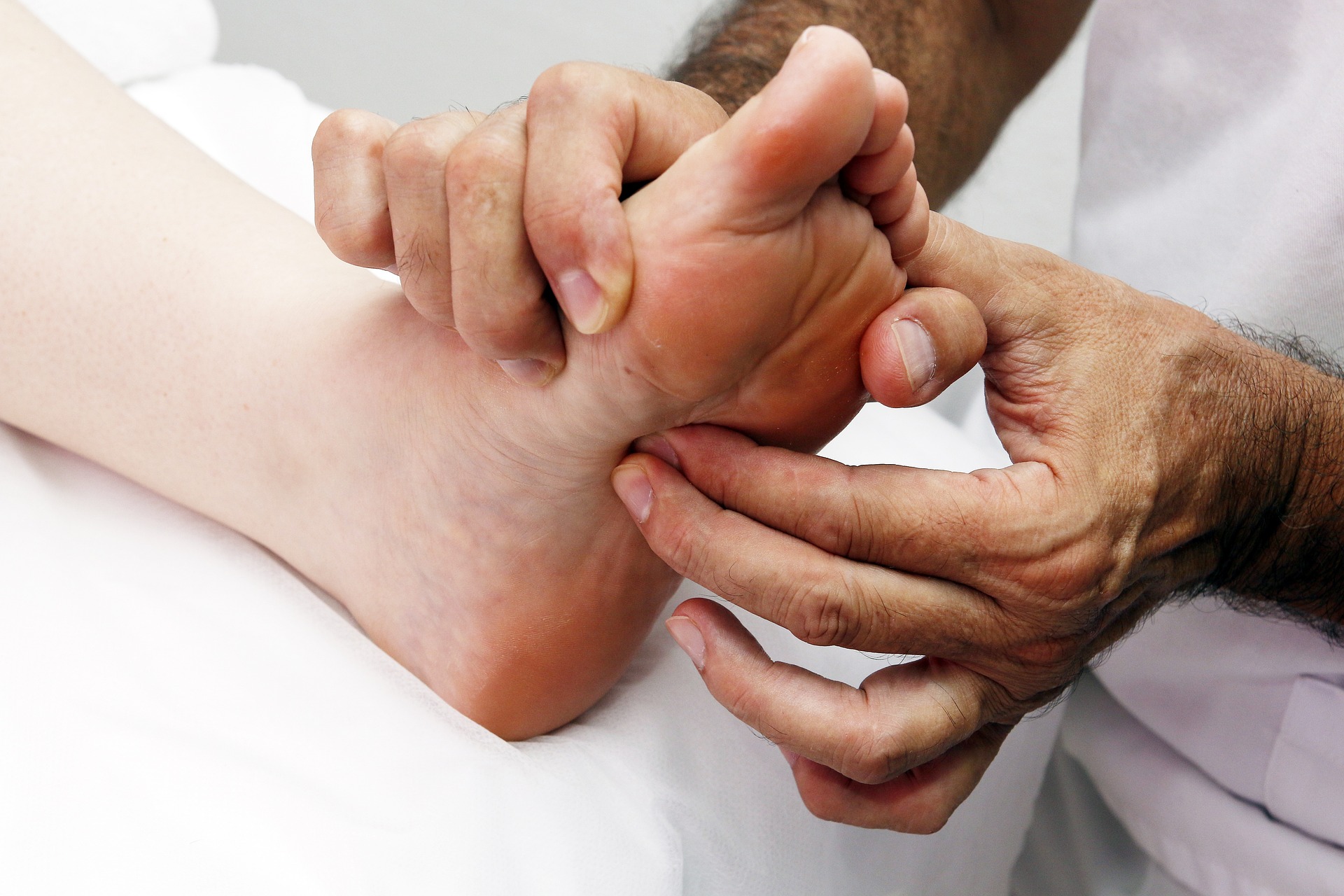Heel pain in the mornings?
This early morning heel pain may be caused from something known as plantar fasciitis
Plantar fasciitis is the term used to describe when the strong band in your foot running from your heel to your mid-foot (the plantar fascia) becomes inflamed. This band supports the arch of your foot and also acts as a shock absorber.
Who can get plantar fasciitis?
Plantar fasciitis is common, with an estimate of 1 in every 10 people experiencing at least one episode of heel pain at some time in their life.
It is especially common amongst runners and adults aged 40-60 years.
What are symptoms of Plantar Fasciitis?
- Pain worsens after a long period of rest (e.g., first steps in the morning)
- Pain which worsens on sudden stretching movements (going up stairs/standing on tip-toes)
- May ease with gentle exercise but typically long walks and extended bouts of standing cause irritation
- Pain may cause a limp
How to prevent plantar fasciitis
- Avoid exercising on hard surfaces
- Reduced body mass index (BMI)
- Wear shoes with good cushioning around the heel and arch support
- Change running shoes regularly (asics recommend between every 400-500 miles)
Plantar fasciitis that won’t go away
If your heel pain is persisting and impacting your daily activities, Physiotherapy may help you better manage the pain as well as improve your strength and flexibility.
Physiotherapy for Plantar Fasciitis at Physio Plus:
- Provide a tailored exercise programme to: reduce pain, improve mobility, build strength in the lower limb and foot
- Educate and provide you with the right information to better manage symptoms and prevent this from reoccurring. (For example, icing – place a bottle in the freezer and once frozen, roll your foot over this for around 10 minutes at a time).
- Biomechanics Gait Scan, although not always necessary, we have technology which will accurately analyse your foot positioning in standing and whilst walking. From this scan, the data can then be used to accurately diagnose and design specific insoles for you.
- Electrotherapy (e.g. ultrasound) to reduce pain and speed healing.
- Acupuncture for pain reduction and inflammation
- Massage to reduce muscle soreness and tension
For more information:
- Please call us now on: 028 9187 1701 or visit our Contact Us page.
- Check us out on Instagram
- Check us out on Facebook
0
